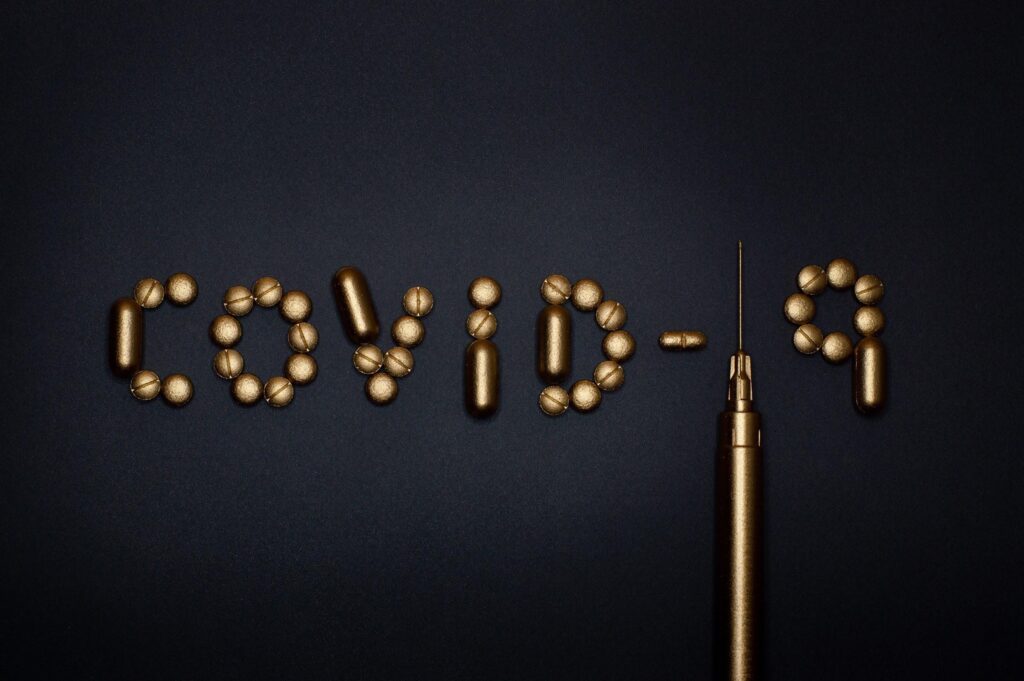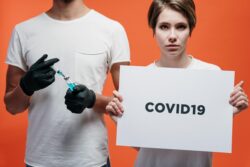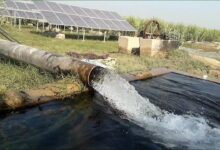COVID-19 vaccines are ready which triggered immune responses
Many coronavirus vaccine candidates have passed initial safety tests and produced immune responses that may protect from the virus. All volunteers during a tiny low trial who got an experimental vaccine developed by researchers at the University of Oxford made antibodies against a protein the virus uses to interrupt into cells.
Levels of neutralizing antibodies, which can block viral entry into cells, were at levels on par with those from people who have recovered from COVID-19. No serious side effects were seen, particularly when volunteers took acetaminophen after getting an injection.
“The results to the current point are encouraging”
Mark Poznansky
Work on other viruses suggests that neutralizing antibodies and T cells in people’s blood should offer protection against infection or serious illness. But
“a fundamental point about COVID-19 is that we don’t yet know what constitutes a protective response to the virus. We’re not yet 100% clear about how those antibodies contribute to protection within the context of a vaccine.”
Poznansky says.
within the test, quite 1,000 healthy adult volunteers ages 18 to 55 got either the new coronavirus vaccine, called ChAdOx1 nCoV-19, or a vaccine against meningococcal bacteria. The meningococcal vaccine is safe and was used as a comparison group instead of a placebo so volunteers got sore arms and other side effects that wouldn’t divulge that they were during a comparison group.
Side effects of the vaccine:
Side effects of the coronavirus vaccine include pain at the injection site, fatigue, headache, muscle aches, chills, and feeling feverish. The researchers measured levels of neutralizing antibodies within the blood of the participants using three different tests.

Those tests all produced different absolute antibody counts, but, overall, showed that the number of neutralizing antibodies within the vaccine group was almost like levels seen in patients that had recovered from COVID19.
After one dose, 32 of 35 participants for whom data are available had neutralizing antibodies against the spike protein. After two doses, all 35 had the antibodies, the researchers found. How long any protection from those antibodies lasts isn’t yet known. Although most of the people made antibodies after one dose of vaccine, the researchers commit to giving two, high-dose injections in further efficacy trials.
“We want to maximize our chance of getting an efficacious readout,” Mene Pangalos said on July 20 at a real conference.

In the UK, almost 10,000 volunteers are vaccinated. In Brazil, a 5,000-person trial is underway, and a 30,000-volunteer trial is prepared to start out within America by the highest of July. How soon the vaccine works depends upon infection rates in communities where the studies are happening.
“It’s the irony of ironies that where the virus spread is out of control could even be the optimal place to test the vaccine” Poznansky says
Further results from these and other vaccine candidate front-runners also are known by the end of the year.









